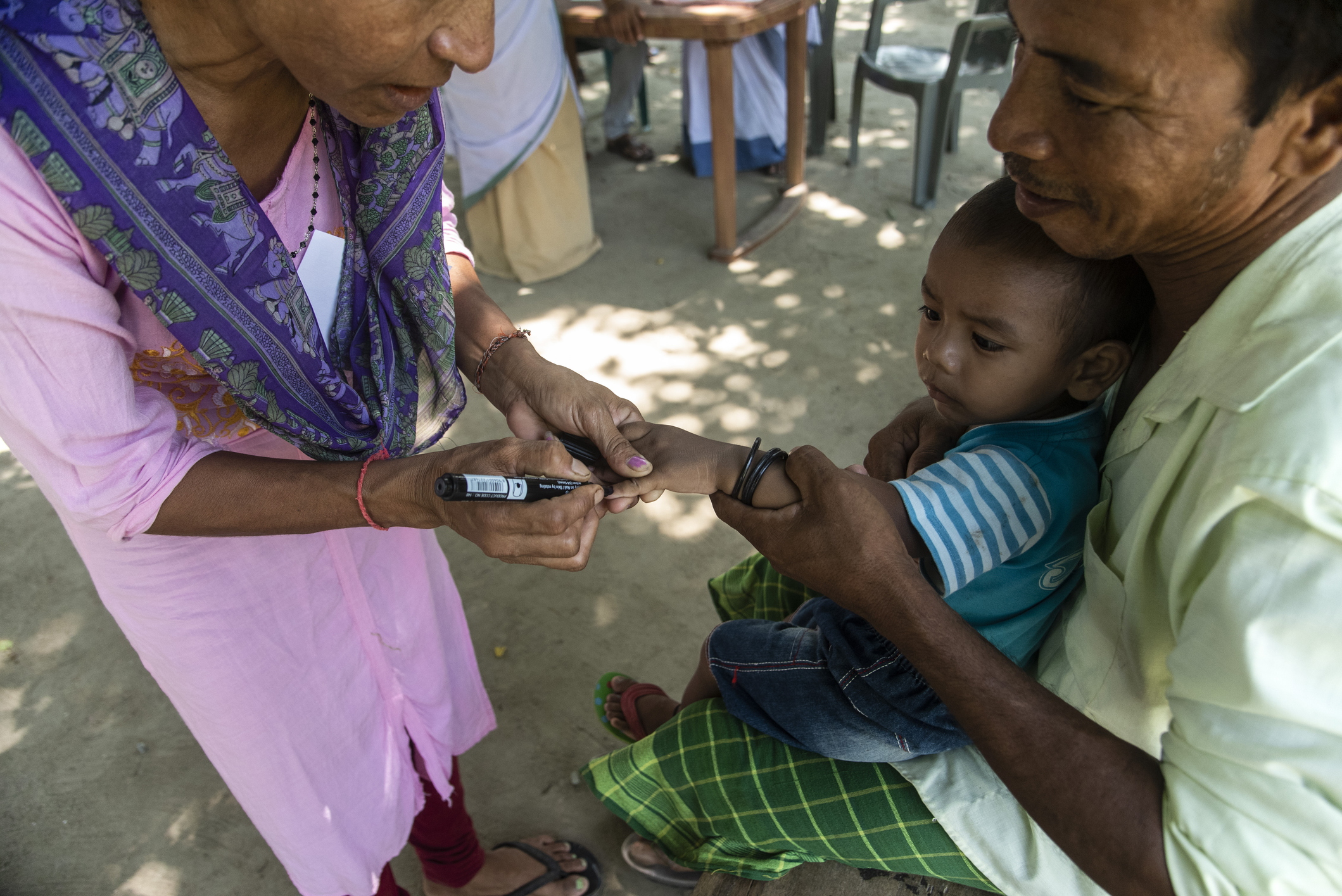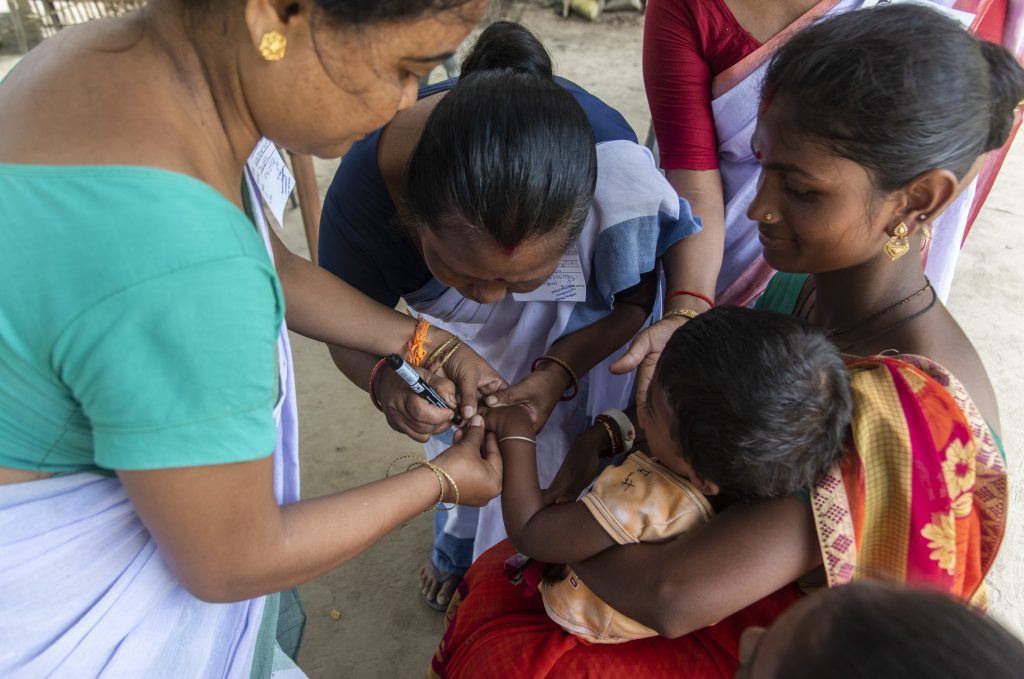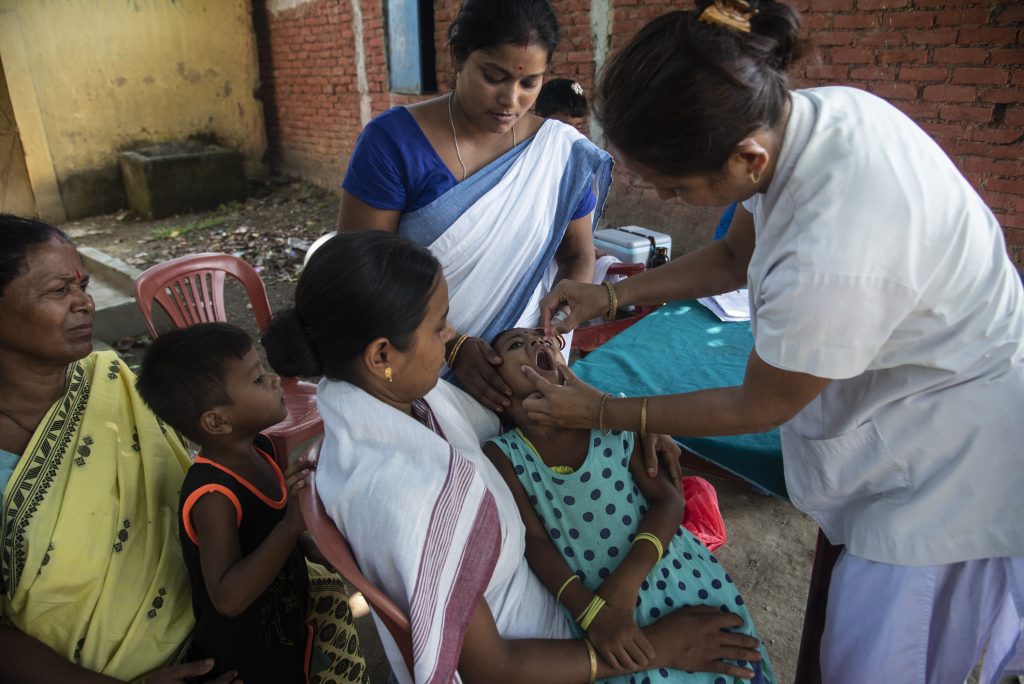India has reduced the number of children who missed all vaccinations — also called zero-dose children — by 43% in just one year, according to new data released on Tuesday by WHO and UNICEF.
As per the 2024 data, India brought down its number of zero-dose children from 1.6 million in 2023 to 0.9 million in 2024 — a drop of nearly 700,000.
“This is a proud moment for South Asia. More children are protected today than ever before,” said Sanjay Wijesekera, UNICEF Regional Director for South Asia, while also stressing the need to reach the remaining children in remote areas.
South Asia, as a region, achieved its highest-ever immunization coverage. In 2024, 92% of infants received the third dose of the DTP vaccine, which protects against diphtheria, tetanus and pertussis. This marks a 2% increase from 2023 and even surpasses pre-COVID levels.
Nepal also saw major improvement, cutting its number of zero-dose children by more than half. Pakistan reached its highest-ever DTP3 coverage at 87%. However, Afghanistan remains a concern, with the lowest coverage in the region and a slight decline compared to last year.
Measles coverage improved as well: around 93% of infants received the first dose and 88% received the second. Reported measles cases fell sharply by 39% in 2024.
Vaccination against HPV (Human Papillomavirus), which prevents cervical cancer, also made progress. Bangladesh vaccinated over 7.1 million girls since launching its programme last year, while Bhutan, Maldives and Sri Lanka also reported increases. India and Pakistan are expected to begin their HPV vaccination campaigns later this year.
The WHO and UNICEF report praised strong leadership from governments, the tireless work of frontline health workers, and the better use of data and technology for achieving these gains.
“It is heartening to see the WHO South-East Asia Region reach its highest-ever immunization rates, surpassing the pre-pandemic uptrend. We must build on this momentum and step up efforts to reach every child with these lifesaving vaccines. Together we can, and we must,” said Dr Thaksaphon Thamarangsi, Director of Programme Management, WHO South-East Asia Region.
Still, experts warned that over 2.9 million children in South Asia remain un- or under-vaccinated and must be reached to ensure full protection against deadly diseases.
(ANI)
















